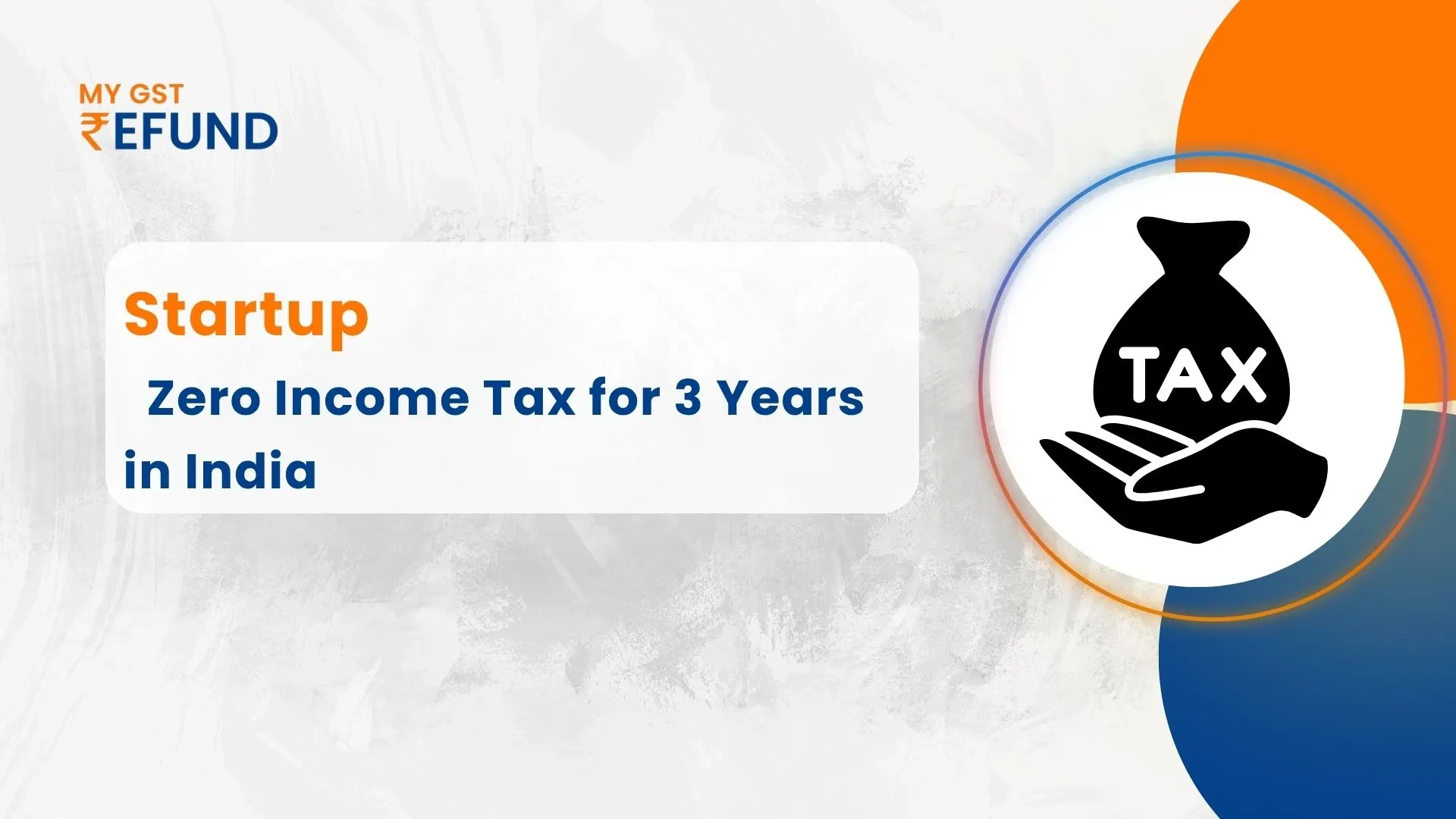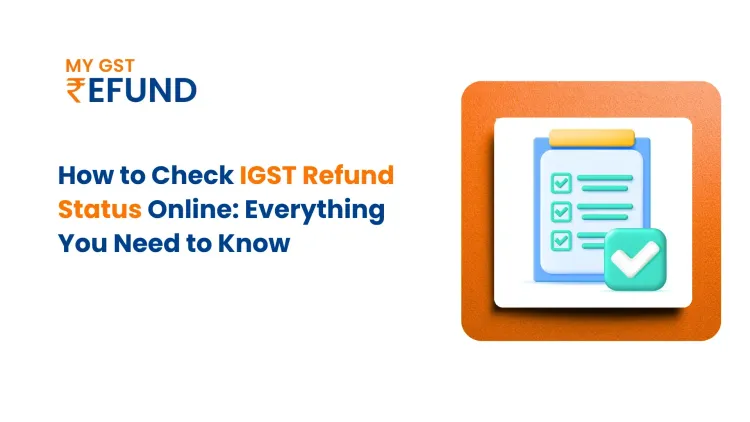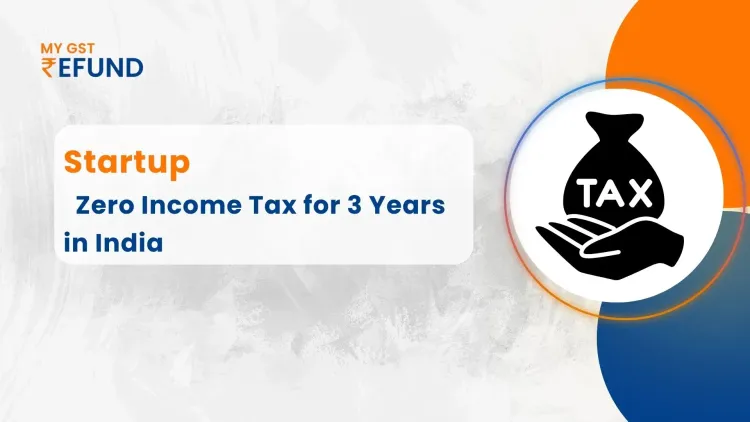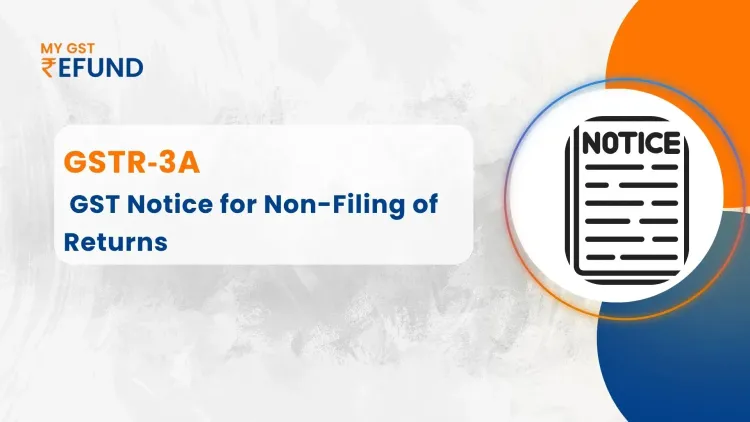How Can a Startup Legally Pay Zero Income Tax for 3 Years in India?
Tax is one of the greatest ages for startups. Every rupee invested is often used by most startups in their nurturing period to expand, to employ new people, to conduct research and development, and to grow in product creation. Such growth can be suppressed by paying income tax on profits that they have either limited or reinvested.
Recognizing this challenge, the Government of India introduced a powerful incentive under the Startup India scheme of a 3-year income tax exemption under Section 80-IAC of the Income Tax Act. It implies that qualifying startups are allowed by law to pay zero income tax in 3 consecutive years upon incorporation for a period of 10 years.
What Is the 3-Year Income Tax Exemption for Startups?
Section 80-IAC of the Income Tax Act, introduced as part of the government’s Startup India initiative, offers an income tax holiday for eligible startups.
What It Offers:
- 100% tax exemption on profits for any 3 consecutive years out of the first 10 years since incorporation.
- The exemption is applicable only to profits, not turnover or capital raised.
- The goal is to allow startups to reinvest in growth during their early, crucial years.
This is often referred to as a "tax holiday," and it’s meant to ease early cash flow constraints and reward innovation-driven ventures.
Eligibility Criteria for Claiming the Exemption:
Before you apply for tax exemption, your startup must meet all of the following criteria under Section 80-IAC:
DPIIT Recognition:
- The Department of Promotion of Industry and Internal Trade (DPIIT) has to recognize your startup.
Entity Type:
- The startup must be incorporated as
- Private Limited Company, or
- Limited Liability Partnership (LLP)
- Sole proprietorships and partnerships cannot qualify.
Incorporation Period:
The company must be:
- Incorporated on or after April 1, 2016
- No older than 10 years from incorporation
- The deadline was prolonged to April 1, 2030 (or, as the recent upgrade goes).
Turnover Limit:
- Your startup’s turnover must not exceed ₹100 crore in any previous financial year.
Innovation Requirement:
The startup must be:
- Innovative or technology-driven, or
- A scalable business model with high potential for employment generation or wealth creation
Note: DPIIT evaluates this based on your pitch deck, business plan, and CA declaration.
How to Get DPIIT Recognition?
Getting DPIIT recognition is mandatory before applying for any tax exemption.
Step-by-Step Process via Startup India Portal:
Visit: Startup India Portal
- Register using your email ID and business details.
- Fill in the DPIIT Recognition Form.
- Upload required documents (see below).
- Submit for evaluation.
Documents Required:
- Certificate of Incorporation
- Company PAN
- Description of the business (PDF)
- Website/Deck or Product description
- CA-certified declaration (about innovation and originality)
Timeline:
Approval by DPIIT may take 1-3 weeks, depending upon the completeness of your documents and applications.
Once approved, you’ll receive a DPIIT Recognition Certificate, which is required when claiming the tax holiday.
How to Claim Tax Exemption Under Section 80-IAC?
Once DPIIT recognition is granted, you can proceed to claim your 3-year income tax holiday.
Step-by-Step Claim Process:
- Choose the 3 years wisely:
- You can select any 3 consecutive financial years out of the first 10 years.
- Ideally, choose profit-making years to save maximum tax.
File Form 1 with the Income Tax Department:
Apply to the CBDT (Central Board of Direct Taxes) for approval under Section 80-IAC.
You’ll need to submit:
- DPIIT certificate
- Board resolution
- Income tax returns
- Financial statements
- CA declaration on innovation
Claim the exemption while filing your ITR
- Use the appropriate ITR form (usually ITR-6 for Pvt Ltd).
- Declare your income as exempt under Section 80-IAC.
- Attach supporting documents.
Strategic Planning: Choosing the Right 3 Years
The greatest benefit of this plan is that you do not have to claim the tax holiday immediately, but you can do it when you begin to make profits.
To take a concrete example, suppose your startup was formed in 2018, but it did not break even until 2023; then you can avail of the tax holiday on the income of 2023-2026. Do not wait any longer than 10 years after incorporation.
Real-World Examples
Case Study:
There is no permanent zero-tax status in India, and some businesses are legally allowed to pay zero taxes or low taxes under government schemes or tax holidays and exemptions. Among the most important situations are the following:
SEZ Units (Sec 10AA)
In the Special Economic Zone, businesses receive:
- Five years of tax exemption in 100 percent
- 50 percent of the following 5
- An additional 5% on reinvested profits up to 50 %
E.g., Infosys, TCS, Wipro (only Sez Unit Income)
DPIIT-Recognized Startups (Section 80-IAC):
These startups are allowed a 10-year exemption on income tax for the first three years.
Examples: Zerodha, Razorpay, Ola Electric (only in the case that the latter is chosen and eligible)
Charitable Institutions (Section 12AA/80G).
Charitable trusts and foundations that are registered are exempt from paying tax.
Examples: Akshaya Patra Foundation, Infosys Foundation, etc.
Note:
Such advantages are temporal and circumstantial.
All claims are checked up on; abuse can cause punishments.
Important Deadlines and Compliance
In order not to be denied this precious exemption, consider the following main deadlines:
DPIIT Recognition:
- Apply as early as possible after incorporation.
Income Tax Return:
- File your ITR on or before the due date (usually July 31 or October 31 with audit).
- Attach Section 80-IAC approval documents.
Compliance:
- Maintain clean and accurate books of accounts.
- Get accounts audited as per the Income Tax Act.
Have all the documentation at hand, i.e., the DPIIT certificate, CA declaration, board resolutions, and earlier ITRs.
Common Mistakes to Be Avoided:
Even those startups that are entitled to the exemption regularly do not get it because of minor mistakes:
- No DPIIT recognition
Without this, you can’t claim tax exemption under Section 80-IAC. - Exceeding turnover limit
Many startups cross the ₹100 crore limit without realizing—this disqualifies them permanently. - Claiming during early loss-making years
This wastes the benefit. Plan to claim in years when you’re profitable. - Late ITR filing
Delayed income tax returns invalidate your claim under 80-IAC.
How Can a Tax Expert Help Maximize the Benefit?
A tax expert can help maximize the benefit in the following ways:
- Strategize the best 3 years to claim
- Prepare documentation for DPIIT and CBDT
- Ensure ITR is filed correctly with exemptions
- Make your audit, filing, and deadline compliant
How Can MyGSTRefund Help Maximize GST Refunds for Startups?
Among the many advantages of the taxation scheme is the exemption on income tax, but the refunds on GST greatly impact startups as well, considering that most startups deal in exports or B2B SaaS.
MyGSTRefund helps startups:
- Automation on GST refund filing
- Match the GSTR-1/3B data with the purchase invoice
- Recoverable eligible Input Tax Credit (ITC)
- LUT allows claiming a refund of export without payment of tax
- Monitor the status of track refunds and decrease delays
The MyGST Refund Calculator makes it easy to calculate the amount of your eligible refund, create detailed refund summaries, and initiate the process of filing for your unclaimed Input Tax Credit (ITC). With the help of the GST refund calculator, you can also use the program to find and examine any missed or ineligible refund claims based on your GST information.
Assisting you in identifying acceptable credits, ineligible claims, and blocked ITC categories in compliance with GST regulations, the HSN Validator allows you to confirm the eligibility of ITC under particular HSN codes. This maximizes refund claims and guarantees accurate compliance.
Conclusion:
The Indian startup ecosystem is thriving, and if DPIIT already recognizes your business as innovative and less than 10 years old, the Indian government provides the opportunity to pay zero or less than ₹100 in income tax during the years of rapid growth.
Summary: Am I Eligible?
You're eligible for a 3-year zero tax if:
- DPIIT-recognized Private Ltd or LLP
- Incorporated on or after April 1, 2016
- Less than 10 years old
- Turnover under ₹100 crore in any year
- Truly innovative business
- All documents (CA letter, board resolution, ITRs, etc.) are ready
Frequently Asked Questions
1. Are You Eligible to Claim?
Yes, if you meet the DPIIT, incorporation date, turnover, and innovation criteria.
2. How to Claim Zero Tax?
Start by getting DPIIT recognition → Apply to CBDT → Claim in ITR.
3. When to Claim?
Any 3 consecutive years within the first 10 years of incorporation. You can best do it when your business becomes profitable.
Resource- https://www.startupindia.gov.in/content/sih/en/startup-scheme.html
Related Posts








